We are a species prone to addiction. The addiction might not be as extreme and in your face as a meth addict in a halfway house, but the outcome is revealed in subtle ways throughout the day. We build associations of positive feelings with stimuli, and we seek more of them as we function day to day. It could be your morning coffee, your afternoon run, or your evening sex. Maybe it’s that constant need to check your email, texts, stock portfolio or Bitcoin price. For many it’s the feeling of relaxation brought on by alcohol or cannabis. If sports betting, or gambling in general, is your thing, that can completely overwhelm someone, too. No matter what the vice, humans associate positive feelings with certain behaviors and are prone to increase their participation in that behavior. This predisposition towards addiction is fueling the privacy crisis we are facing today. Not following how I came to that assumption? It’s never been more important to recognize the value of your digital privacy. Hear me out.
We live in an “on demand” society. We expect to get what we want almost instantaneously, and technology has enabled this behavior.
- Need to know something? Look it up on the pocket device which contains almost all of the world’s information.
- Want to hear a song, watch a TV show, enjoy a movie, or read a book? All available instantly on your smartphone.
- Hungry? Tap a few buttons and meals or groceries can be delivered to your doorstep.
- Miss someone and want to talk to or see them? You can video chat with them within seconds, or summon a car to take you to them.
- Want a date? Swipe right.
- Want sex? There are websites for that, too.
- Looking for a job? Connect directly with employers on LinkedIn or Indeed and get an interview fast.
- Hate the President and want to lash out? Log onto Twitter and read a bunch of statements from people who hate him too, and then publish your own hate. Let it out!
- Need new clothes, or anything for that matter? Retail sites will show you what you want and with the tap of a button they can be delivered to your home, sometimes in the same day.
We no longer have to wait for anything. I grew up waiting through five minutes of annoying sounds just to be able to connect to the internet! Now it’s all instant, feeding our immediate desires and creating a situation which has stripped away almost all of our individual privacy.
We’ve gotten comfortable sharing all of this information with corporations, neighbors, friends, family, coworkers, old classmates, and complete strangers. Every website and app collects your personal information. They keep logs of your behavior. Most don’t care to read the term and conditions when they sign up for these things, but trust me, those terms exist and those companies ARE collecting, analyzing and selling your data. The sad part is, many people are doing this to themselves.
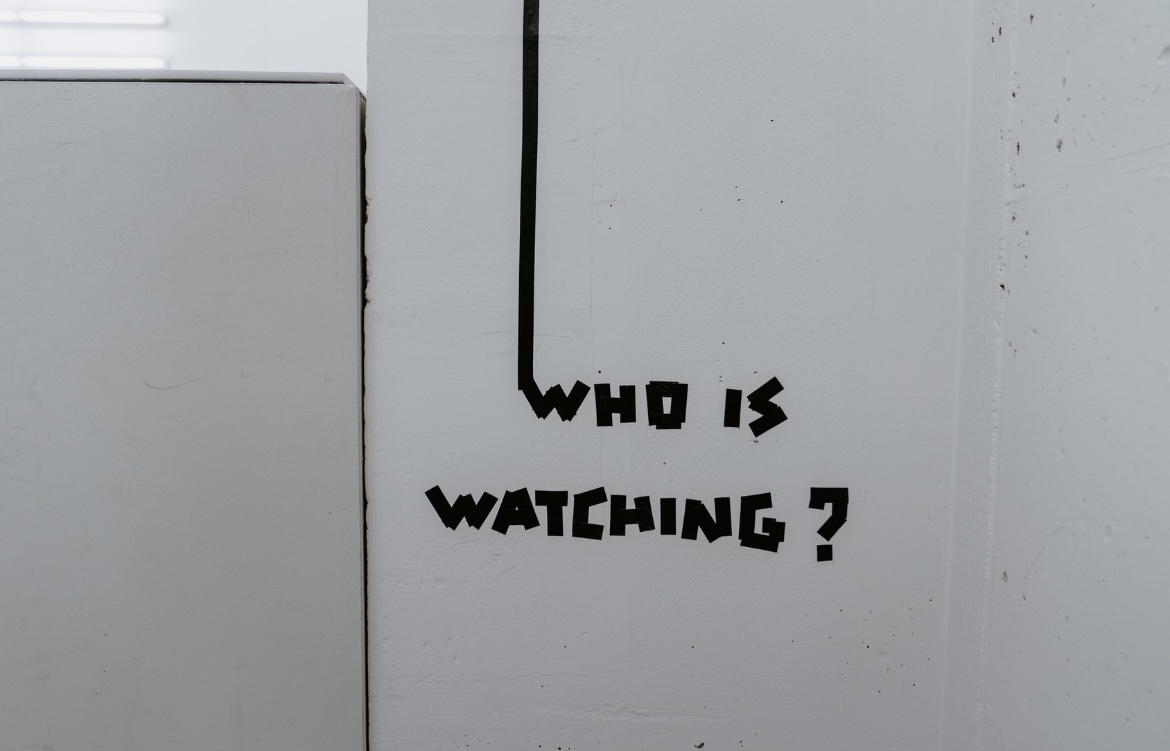
The rise of social media has led millions of people to believe sharing the most intimate details of your life with the world is okay. To truly understand why this is happening, we have to dig deep and recognize why we share. Facebook started out as a social network for college students, which made it easy to interact with classmates and people on campus, while also functioning as a way to check people out. It was exclusive to colleges until it wasn’t, and once that happened it seems everyone in the world wanted to (and did) sign up. In one of their many platform updates, Facebook added the “like” button, and a new monster was born.
All of a sudden, it wasn’t just about the number of “friends” you had, but it became more about how many “likes” you would get on a post. Likes and comments became the currency for a real-time popularity contest, and everyone in the world was competing with each other, whether you liked it or not. This is due to the function of Facebook’s algorithm, which selects the content someone sees in their news feed based on engagement. Likes, comments and shares are the components of the “engagement” metric. What happened next was astounding.
Various studies have shown many people actually experience a certain “high” from receiving likes on social media. The same way one may feel a “runners high” after a long jog, or a euphoric high during and after sex, the dopamine rush provided by Facebook engagement rivaled some of the most addictive (and enjoyable) physical activities known to man. Oh, it also created lots of millionaires, too. So not only can likes make you feel good, but they can also make you rich. Talk about a two headed monster! Buyer beware, as these platforms can manipulate you in other ways, too.
Do you remember the first time one of your photos got one hundred likes? Or that time people continued to comment on your photo for a couple weeks? Most people actually can recall this, and the reason why is simple: it made them feel good. Today, there’s no limit to what people share, all as they seek the validation and euphoria those “likes” give them.
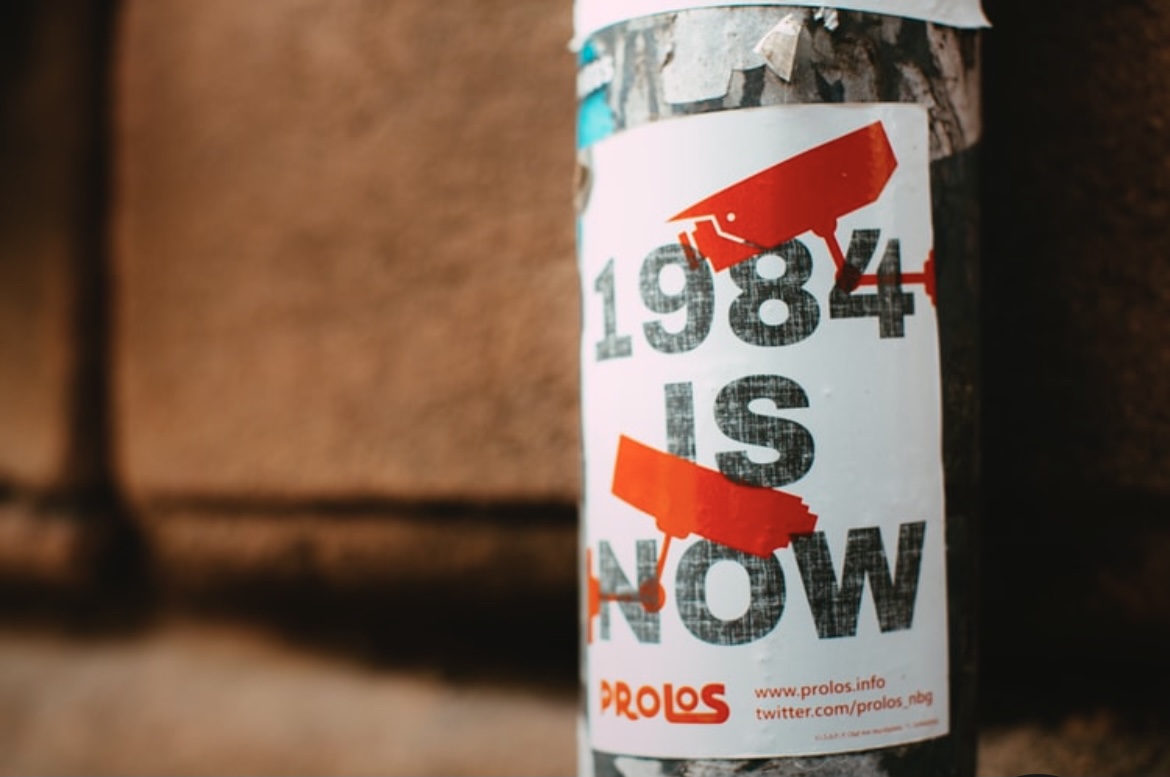
Foods we are eating, places we are going, family moments and private thoughts are shared digitally. We’ve gotten so used to exposing our most intimate information that everything is now on the table and expected. We broadcast it all. People now expect certain types of posts, and you’re looked at as being weird if you don’t post.
- “I haven’t seen any pics of you and your girlfriend in awhile. Everything ok?”
- “You went on vacation to Hawaii? Weird, I didn’t see any pics of that on Facebook.”
- “When did you move? I had no idea, I didn’t see you post about it.”
- “Your wife is pregnant and due in a few weeks? I must’ve missed the announcement.”
- “I didn’t see you post a black box. Do you support social justice?”
- “Why don’t you follow Joe Biden on Twitter?”
Hate to break it to you, but we are not required to “announce” everything we do to the masses. Nor are we obligated to speak out on every topic the media has decided is important that week. You are not required to take a public stance on anything. This is America, the land of freedom. You can register as an independent. Make your phone number private. Decide not to vote. File your taxes privately. You don’t need a Facebook page. You don’t need a LinkedIn either (although it does help). Your religion, political views, friendships, family moments, workout routines, playlists, photos and meals are not anyone’s business. You CAN live a private life. Who made us feel that we were obligated to do anything other than that? The social media machine.
We are expected to be simultaneously present in the physical world and the virtual world. While futurists may argue that the virtual world is the definitive future (and one in which our consciousness will live forever), I wholeheartedly disagree. The human experience is meant to be fully sensory. We are physical beings. What we experience can’t fully be tied to code. Stop sharing everything. Take back your private life. Unplug.
“Civilization is the progress toward a society of privacy. The savage’s whole existence is public, ruled by the laws of his tribe. Civilization is the process of setting man free from men.” – Ayn Rand
-Your Big Bro
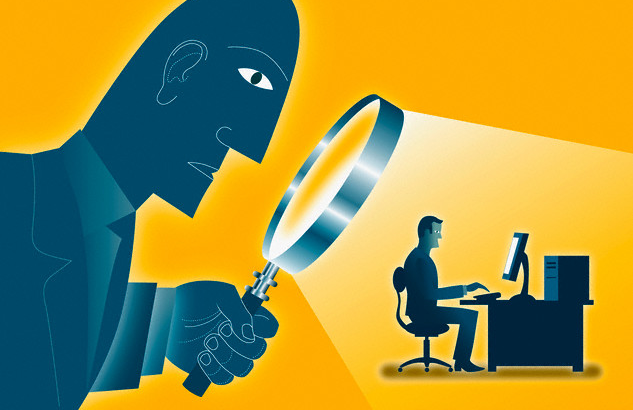
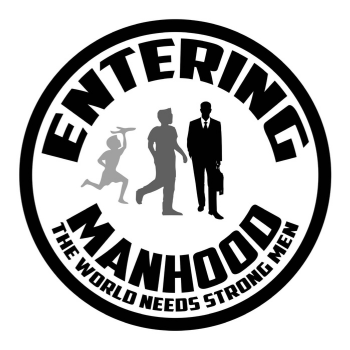
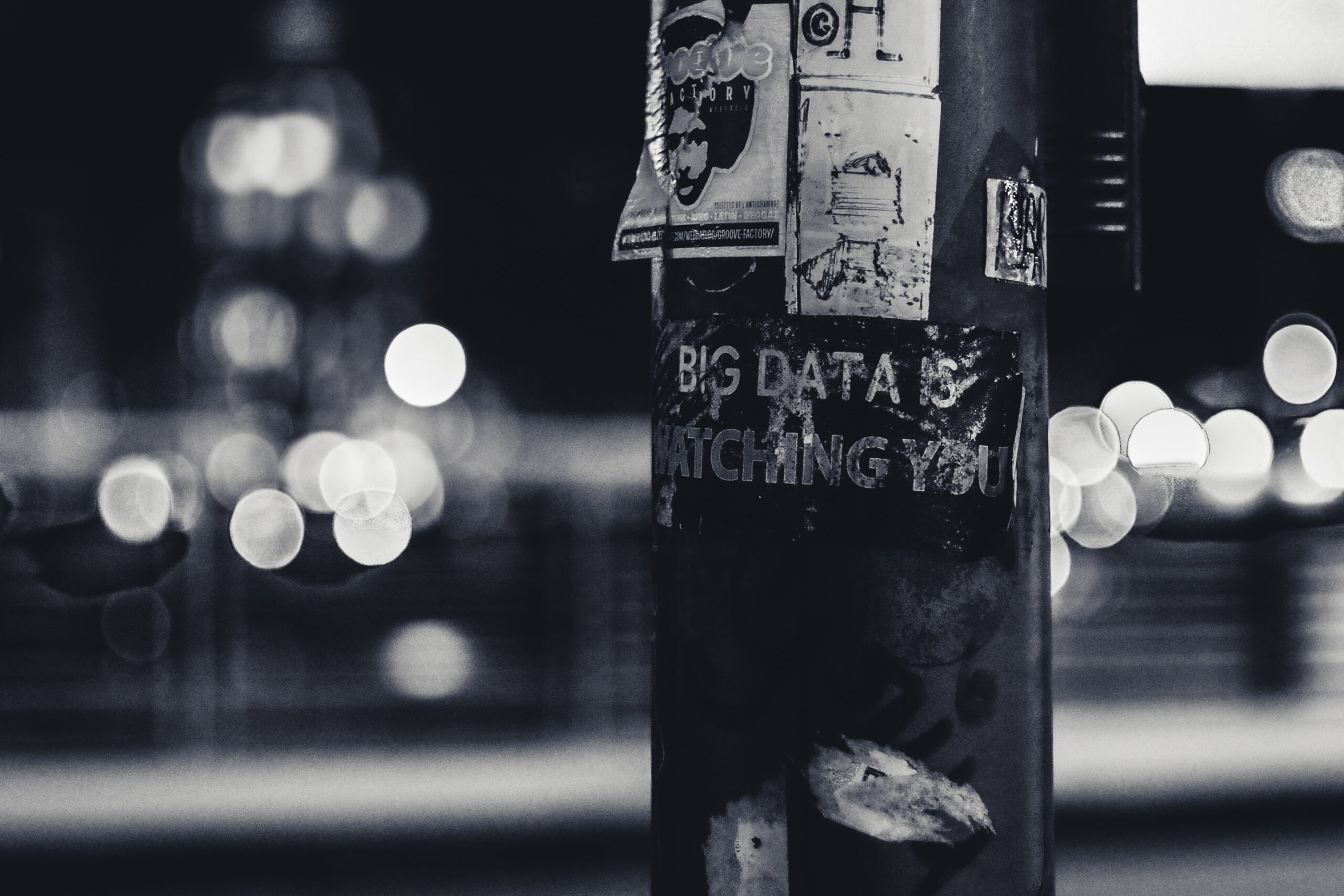
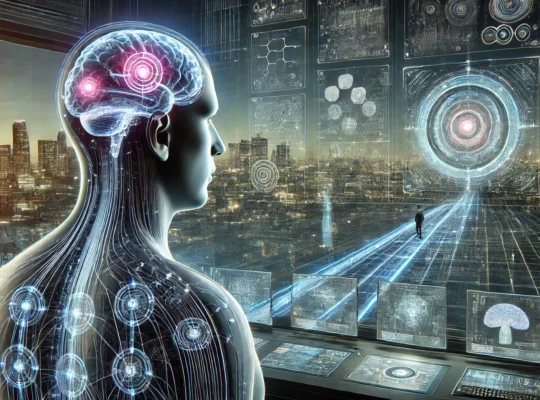


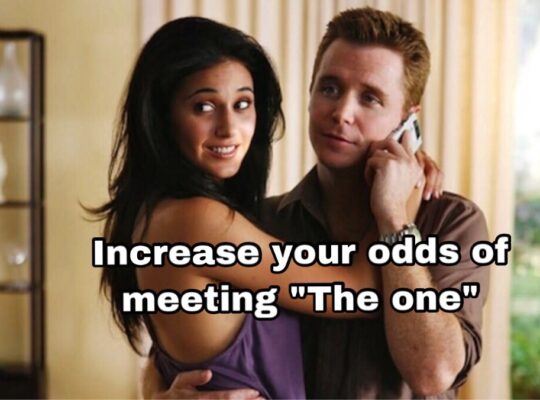

1 Comment
Comments are closed.